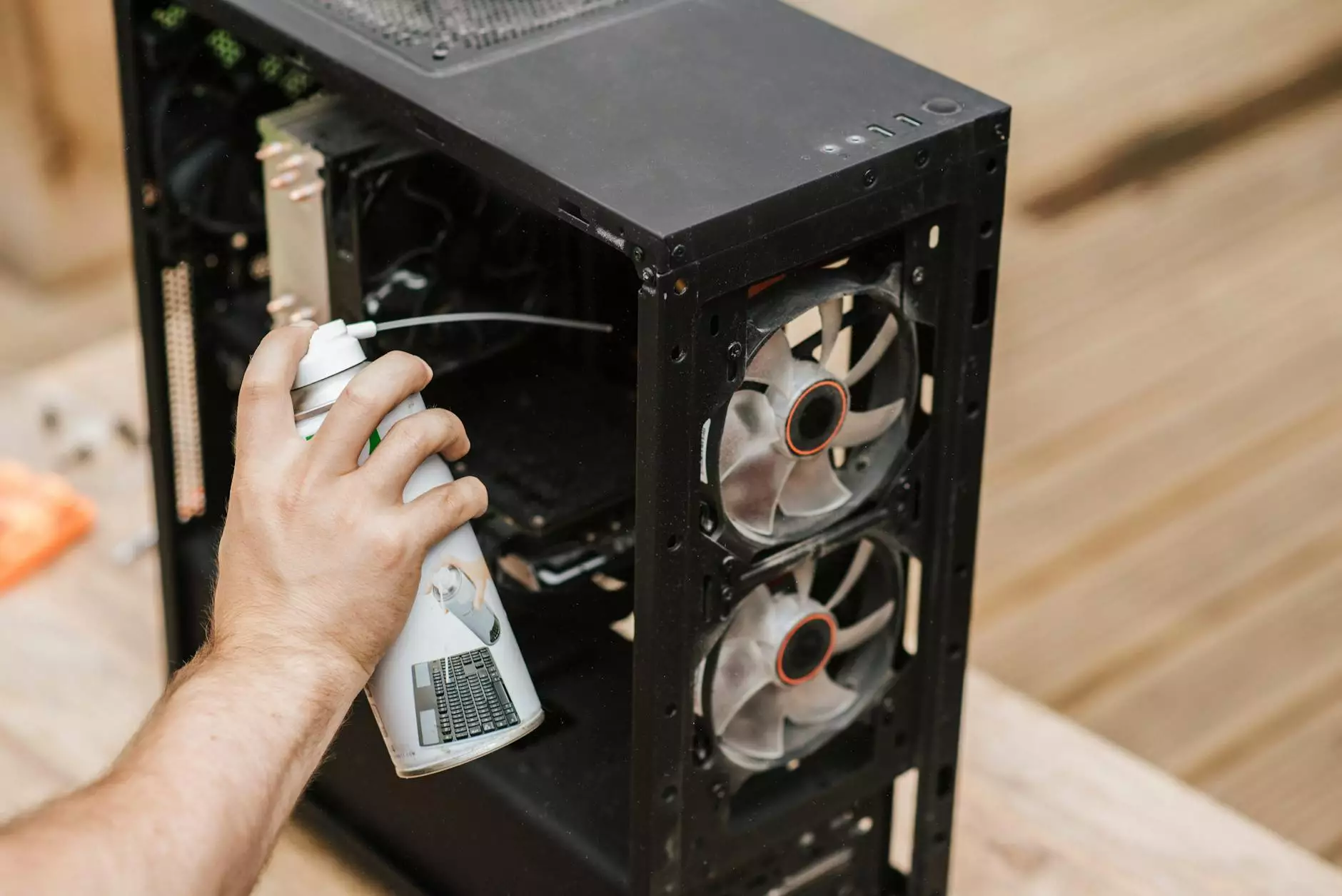Understanding Swollen Lower Legs: Causes and Remedies

Swollen lower legs can be a frustrating and painful condition that affects many individuals. It's essential to understand the causes of this ailment, as well as the available treatments to manage and reduce the swelling. In this comprehensive guide, we will cover everything you need to know about why is my lower leg swollen, exploring various medical conditions, lifestyle factors, and effective approaches to treatment.
What Causes Lower Leg Swelling?
Lower leg swelling, or edema, can result from several different factors. Understanding these can help you identify the best course of action:
1. Medical Conditions
Many medical conditions can lead to swelling in the lower legs. Some of the most common include:
- Heart Failure: When the heart is unable to pump blood effectively, fluid can accumulate in the legs.
- Kidney Disease: Impaired kidney function can prevent the body from eliminating excess sodium, leading to water retention.
- Liver Disease: Conditions affecting the liver can disrupt blood flow and fluid balance, causing swelling.
- Venous Insufficiency: This occurs when the veins struggle to send blood back to the heart, resulting in fluid accumulation in the lower legs.
- Deep Vein Thrombosis (DVT): A blood clot in the leg can block blood flow, leading to swelling and pain.
2. Injury or Trauma
A direct injury, such as a sprain or fracture, can result in localized swelling as the body responds to the injury with inflammation. If you experience sudden swelling following an injury, it's important to seek medical attention.
3. Infections
Infections of the skin or underlying tissues (such as cellulitis) can lead to swollen lower legs. These infections are often accompanied by redness, warmth, and possibly fever.
4. Medications
Certain medications can cause fluid retention and result in leg swelling as a side effect. Common offenders include:
- Non-steroidal anti-inflammatory drugs (NSAIDs)
- Certain diabetes medications
- Hormonal treatments, including estrogens and corticosteroids
5. Lifestyle Factors
Poor lifestyle choices can also contribute to lower leg swelling. Factors such as excessive salt intake, lack of physical activity, and prolonged sitting or standing can lead to fluid retention. Making small lifestyle changes can have a significant impact on your comfort and overall health.
How to Identify Swollen Lower Legs
Recognizing the signs and symptoms of swollen legs is crucial for prompt diagnosis and treatment. Be alert for:
- Visual Observation: Legs may appear noticeably larger or puffier than usual.
- Pain or Discomfort: Swelling can lead to feelings of tightness or aching.
- Skin Changes: The skin over the swollen area may feel warm to the touch or look red or shiny.
- Difficulty Walking: You may find it uncomfortable or difficult to move or put weight on the affected leg.
When to Seek Medical Attention
While some cases of leg swelling may be harmless, it's vital to know when to seek professional help. Consider consulting a medical professional if you experience:
- Sudden onset of swelling without any injury.
- Severe pain in the swollen leg.
- Fever or chills in conjunction with swelling.
- Shortness of breath or chest pain.
Diagnosing the Cause of Lower Leg Swelling
Upon visiting a doctor, they will perform a thorough evaluation to determine the underlying cause of your leg swelling. Typical diagnostic procedures may include:
1. Physical Examination
Your doctor will examine your legs for signs of swelling, pain, and skin changes while also checking your medical history.
2. Blood Tests
Blood tests can help detect issues with kidney, liver, and heart function.
3. Ultrasound
In cases of suspected DVT, an ultrasound may be performed to visualize blood flow in the veins.
4. MRI or CT Scan
If necessary, imaging tests can provide detailed views of your legs to assess for other health concerns.
Effective Treatment Options for Swollen Lower Legs
Treatment for swollen lower legs will vary based on the underlying cause. Here are some of the most effective options:
1. Lifestyle Modifications
Making healthy lifestyle choices can greatly reduce swelling in the lower legs. Consider implementing the following:
- Increase Physical Activity: Regular low-impact exercises such as walking, swimming, or cycling can improve circulation.
- Limit Salt Intake: Reducing sodium in your diet can help prevent fluid retention.
- Elevate Your Legs: Raising your legs above heart level can encourage fluid drainage.
- Stay Hydrated: Drinking adequate water can help prevent dehydration, which contributes to swelling.
2. Medical Treatments
If lifestyle changes are insufficient, medical treatments may be necessary:
- Diuretics: Medications that help your body eliminate excess fluid.
- Compression Therapy: Wearing compression stockings can provide support and improve circulation.
- Pain Management: Depending on the cause, anti-inflammatory medications may help reduce pain and swelling.
3. Surgical Options
In cases of severe venous insufficiency or DVT, surgical procedures may be necessary to address blockages or improve blood flow. It's essential to consult with a vascular specialist if you suspect deeper issues.
Living with Lower Leg Swelling
Dealing with swollen lower legs can be a continuous challenge, but with the right understanding and management, it can be controlled. Here are some tips for everyday living:
- Regular Check-ups: Frequent medical evaluations can help monitor your condition and adjust treatments as necessary.
- Monitor Your Symptoms: Keep a record of swelling episodes and any other related symptoms to discuss with your doctor.
- Stay Educated: Understanding your condition can empower you to make informed health choices.
Conclusion
Understanding why is my lower leg swollen and the factors contributing to this condition is essential for effective management and treatment. Recognizing the symptoms, identifying the cause, and following through with appropriate lifestyle changes and medical care can lead to significant improvements in your quality of life.
If you or a loved one is struggling with swollen legs, don’t hesitate to contact us at Truffles Vein Specialists. Our team of dedicated professionals in Doctors, Health & Medical, Vascular Medicine is here to provide comprehensive care tailored to your individual needs.









